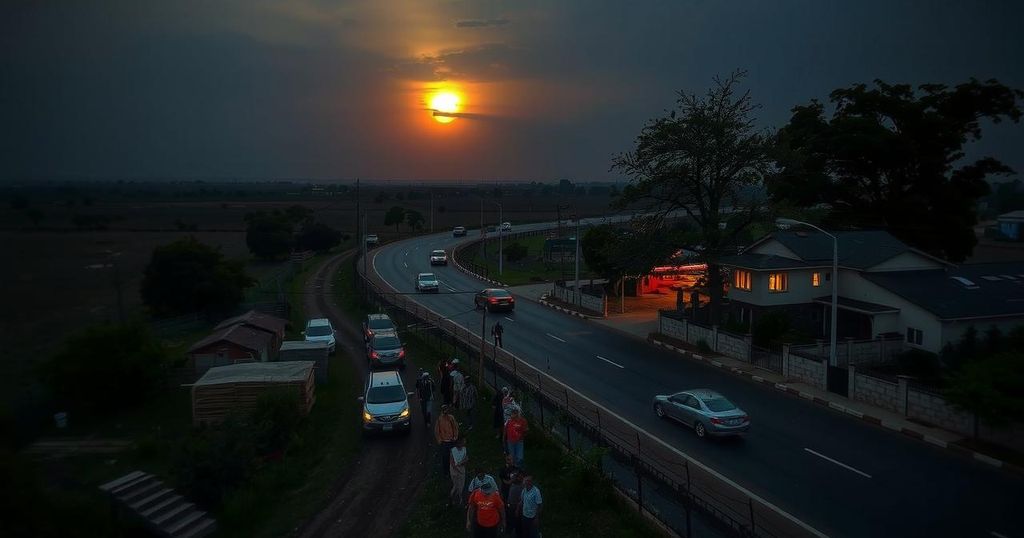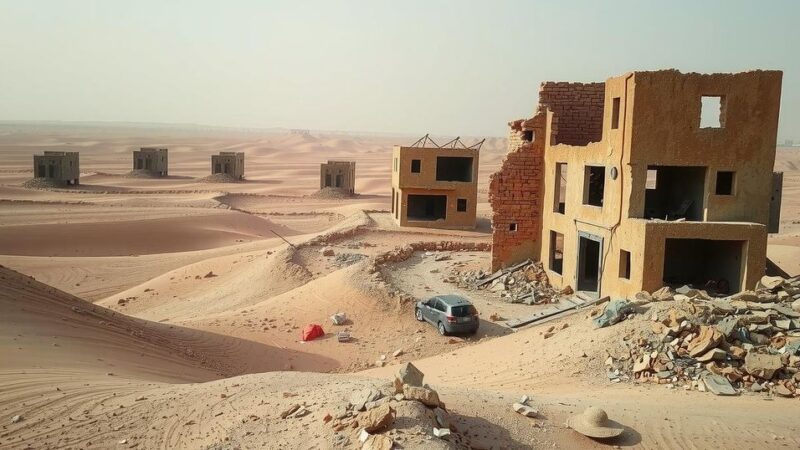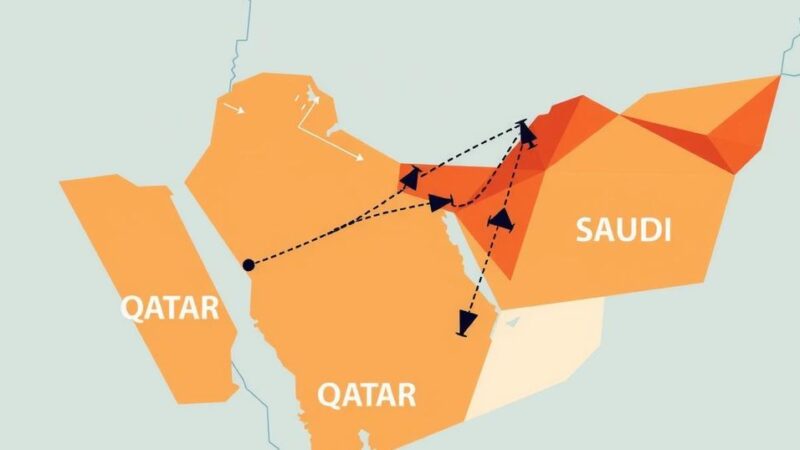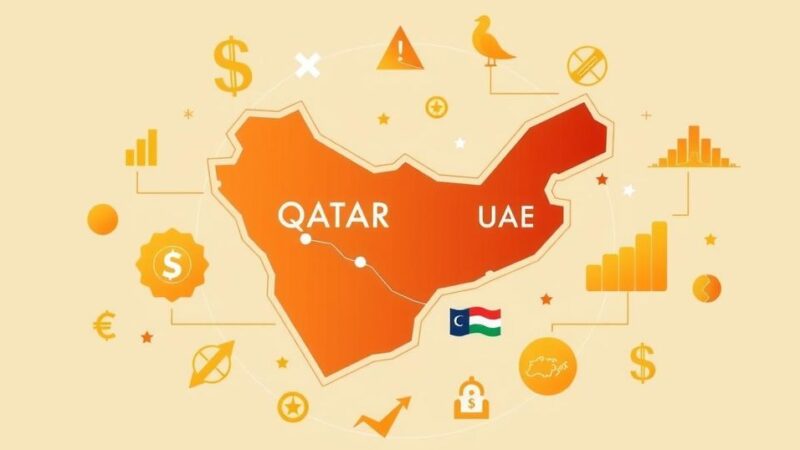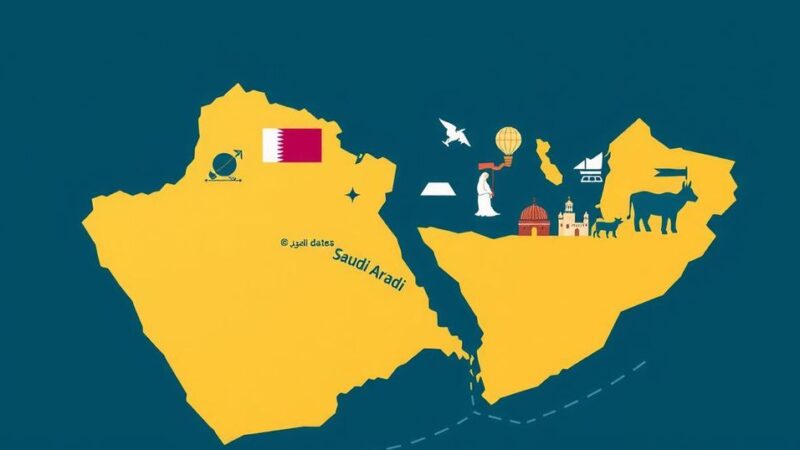The prolonged conflict in Sudan and political instability in South Sudan are obstructing progress on Abyei’s final status discussion. UN Assistant Secretary-General Martha Ama Akyaa Pobee emphasized the dire humanitarian situation impacted by security threats, refugee influx, and climate challenges during a Security Council briefing. UNISFA’s role in promoting peace remains crucial amid prevailing challenges in the region.
The ongoing conflict in Sudan and the political instability in South Sudan are severely impeding progress on the political dialogue concerning the final status of Abyei and border disputes, as indicated by Martha Ama Akyaa Pobee, the UN Assistant Secretary-General for Africa. During a Security Council briefing, she emphasized that the war in Sudan is exacerbating security, economic, and humanitarian challenges within both Sudan and South Sudan, impacting the Abyei region. The Assistant Secretary-General detailed the deteriorating security situation which has led to disruptions in oil production and has escalated the financial distress of South Sudan. Moreover, she highlighted the plight of refugees fleeing the violence in Sudan, many of whom face dire conditions in South Sudan with inadequate access to essential services. Additionally, the proliferation of small arms in Abyei complicates the already fragile stability, with reports of armed incursions deepening tensions between local communities. Compounding these issues, climate change and adverse weather conditions have displaced thousands in the Abyei region, affecting agricultural and infrastructural viability, thereby straining resources. The ongoing war between the Sudanese Armed Forces and the Rapid Support Forces, now moving into its 19th month, continues to threaten the broader Horn of Africa and Sahel, underscoring the urgent need for resolving the Sudanese conflict to enable the implementation of relevant UN resolutions. While UNISFA has seen no advancement in the dialogues relating to Abyei or border issues, it remains committed to monitoring the situation and supports reconciliation efforts. However, the presence of South Sudanese security forces in Abyei presents challenges to UNISFA’s operations, contradicting previous agreements and hindering the mission’s effectiveness. The UN calls for cooperation with South Sudanese authorities to stabilize the region and operationalize key mechanisms intended to enhance security and governance. Finally, the influx of displaced persons from Sudan is straining local resources and increasing crime in the Abyei area. The UN is urging the international community to bolster support for UNISFA, particularly regarding the establishment of fully mandated police deployments to restore order in an increasingly chaotic environment.
The situation in Abyei, a region disputed by Sudan and South Sudan, has been complicated by ongoing conflicts and political instability in both nations. The war in Sudan has led to significant humanitarian crises, including mass displacements, while political uncertainty in South Sudan has hindered necessary dialogues regarding Abyei’s final status. The UN Interim Security Force for Abyei (UNISFA) has been tasked with monitoring the situation and supporting peace efforts, however, internal challenges and regional instability continue to impede its effectiveness. The dynamics between local communities, exacerbated by the influx of refugees and climate challenges, further complicate the security landscape, necessitating urgent international attention and aid.
In conclusion, the ongoing conflict in Sudan, coupled with political unrest in South Sudan, has significantly stalled progress on critical issues related to the final status of Abyei and border security. The humanitarian situation remains dire, with refugees suffering from insufficient resources and escalating local tensions. The presence of armed groups and the violation of agreements hinder operational effectiveness, highlighting the need for enhanced international support for UNISFA. Addressing these multifaceted challenges is essential for facilitating a peaceful resolution and stability in the region.
Original Source: www.radiotamazuj.org
